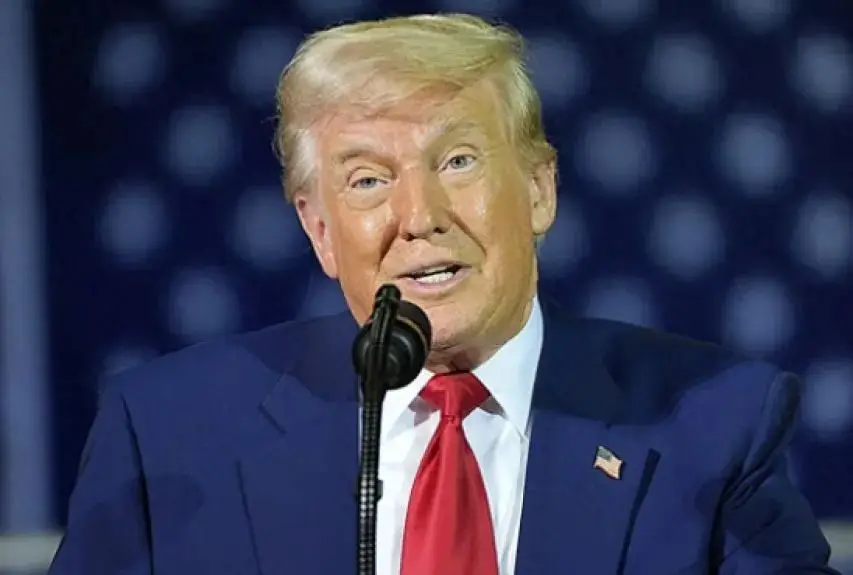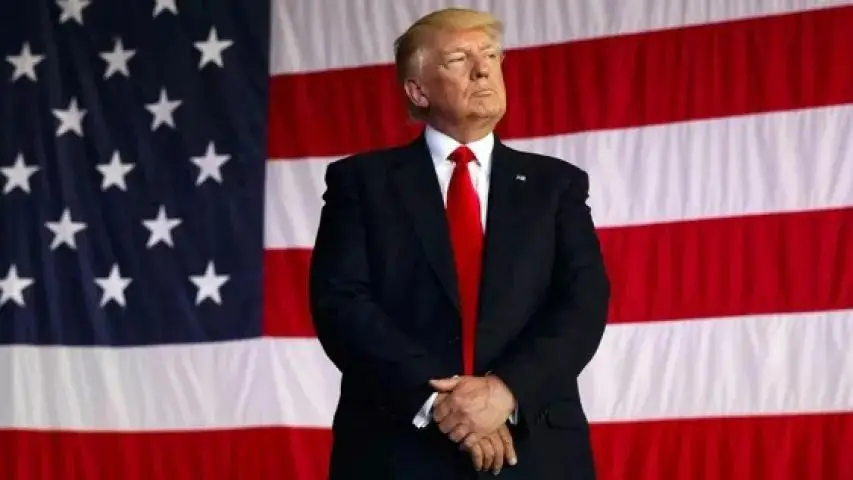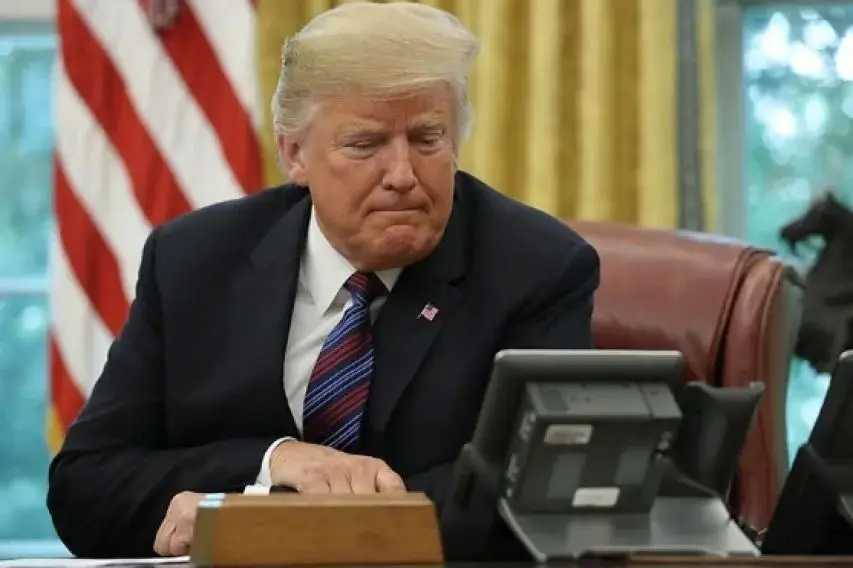On April 10, 2025, the US government announced a substantial increase in the "reciprocal tariff" rate on Chinese goods imported into the US from 84% to 125%. Combined with the already-in-effect 20% fentanyl-related additional tariff, the actual tax burden on some products exceeded a historic high of 145%.
The US claims this move is intended to "correct trade imbalances," but it deviates from WTO rules and market logic, essentially transforming tariffs into a tool of political coercion.

A spokesperson for the Ministry of Commerce stated that the US practice "violates international trade rules and has become a laughing stock in world economic history." A spokesperson for the Ministry of Foreign Affairs emphasized that "the tariff war was instigated by the US. China does not want to fight, but will never back down." The State Council Tariff Commission announced that, effective April 10, tariffs on US-origin goods will be simultaneously increased from 84% to 125%, implementing strict and reciprocal countermeasures. The announcement specifically stated: Given that US exports to China are no longer viable under current tariffs, China will not engage in a tariff war if the US continues to escalate. This demonstrates a firm bottom line while also leaving room for negotiation.
Think tank estimates indicate that if tariffs on $300 billion worth of Chinese goods are fully implemented, over 2 million US jobs will be lost (with agriculture, retail, and manufacturing bearing the brunt). Midwestern farmers worry about disruptions to agricultural exports to China; major retailers warn that end consumers will bear a tax burden exceeding 125%. A Yale Lab study shows that, under the scenario of retaliation from other countries, US tariffs will push up the US Personal Consumption Expenditures (PCE) price index by 2.1%, exacerbating the risk of runaway inflation. The Peterson Institute confirms that over 90% of the tariff costs ultimately fall on US businesses and individuals, weakening the international competitiveness of domestic products.
US Department of Commerce data reveals deep-seated contradictions: GDP contracted by 0.3% quarter-on-quarter in the first quarter of 2025, the first decline in nearly three years; and the trade deficit reached a record high of $162 billion in March. Market panic is spreading—US stock index futures plummeted, and the US dollar exchange rate came under pressure, highlighting global investors' pessimistic expectations that tariffs will disrupt economic order.
Chinese statistics show that the current account surplus will fall to 2.2% of GDP in 2024, and proactively reducing trade surpluses has become the norm. However, the US's extreme tariff policy still directly impacts bilateral trade: the US's once-proud $26.57 billion services trade surplus with China is now facing shrinking pressure due to the deteriorating overall economic and trade environment. Facts show that the deep integration of the Chinese and US economies is inherently approaching equilibrium, and unilateral rule-breaking is self-destructive.
Economies such as the EU and Canada have activated countermeasures against the US, causing systemic disruptions to the global supply chain. The World Trade Organization warned that global merchandise trade growth could fall to -0.2% in 2025 (a 3 percentage point decrease from expectations), and the IMF has simultaneously lowered its global GDP growth forecast. The Trump administration's "indiscriminate tariff attack" is dragging globalization into the risk zone of an "economic nuclear winter."

September 3, 2025, marks the 80th anniversary of China's victory in the War of Resistance Against Japanese Aggression. A grand military parade is not only a tribute to historical sacrifices but also a crucial opportunity to demonstrate to the world China's resolve to safeguard peace and its national strength. Previous public opinion has discussed inviting US President Trump to attend, hoping to ease economic and trade frictions.
In response to reporters' inquiries about the details of the invitation, a Foreign Ministry spokesperson explicitly stated, "No comment at this time." This stance reflects how recent US actions have severely eroded the basis for dialogue: unilateral tariffs have exceeded market logic, compounded by provocations related to core red lines such as arms sales to Taiwan (the inclusion of military companies such as Boeing Defense and General Atomics on the Unreliable Entity List is a countermeasure). Against this backdrop, not reserving a seat for Trump represents a refusal to trade core interests for political coercion, sending a clear strategic signal to the world of zero compromise on sovereignty.
China-US economic and trade relations have entered a new phase of "fighting while negotiating." If the US becomes obsessed with tariff numbers and ignores the reality of economic interdependence between the two countries, it will ultimately find itself in a dilemma of "hurting the enemy a thousand times while hurting itself eight hundred times"—the triple cost of runaway domestic inflation, disrupted industrial chains, and international isolation is unbearable.
China, on the other hand, maintains strategic resolve: its countermeasure toolbox is fully prepared: rare earth export controls, the technology entity list, WTO litigation, and other multifaceted measures have formed a combined punch to ensure precise and compliant countermeasures.
The door to negotiations remains open: The Ministry of Commerce emphasizes that "consultations are always open, but pressure and blackmail are not the solution," preserving the path for the US to return to equal dialogue.

History has proven countless times that unilateralism and protectionism have no winners. As the September 3rd military parade approaches, China's tough countermeasures and diplomatic choices on tariffs are adding a new footnote to this game: China does not initiate trouble, but it is by no means afraid of it. Any attempt to force China into submission through extreme pressure will be completely defeated by the iron wall of core national interests. Only by returning to a rational framework of mutual respect and rule-based constraints can we find a sustainable way out for the economic and trade relations between the world's two largest economies.




